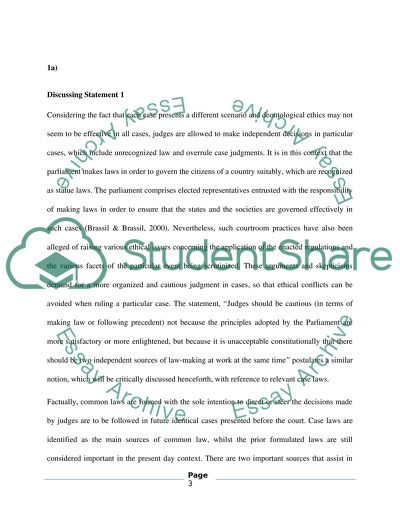Cite this document
(“Law Assignment Essay Example | Topics and Well Written Essays - 2250 words”, n.d.)
Retrieved from https://studentshare.org/law/1498907-1a-judges-should-be-cautiousin-terms-of-making-law-or-following-precedent-not-because-the-principles-adopted-by-the-parliame
Retrieved from https://studentshare.org/law/1498907-1a-judges-should-be-cautiousin-terms-of-making-law-or-following-precedent-not-because-the-principles-adopted-by-the-parliame
(Law Assignment Essay Example | Topics and Well Written Essays - 2250 Words)
https://studentshare.org/law/1498907-1a-judges-should-be-cautiousin-terms-of-making-law-or-following-precedent-not-because-the-principles-adopted-by-the-parliame.
https://studentshare.org/law/1498907-1a-judges-should-be-cautiousin-terms-of-making-law-or-following-precedent-not-because-the-principles-adopted-by-the-parliame.
“Law Assignment Essay Example | Topics and Well Written Essays - 2250 Words”, n.d. https://studentshare.org/law/1498907-1a-judges-should-be-cautiousin-terms-of-making-law-or-following-precedent-not-because-the-principles-adopted-by-the-parliame.


